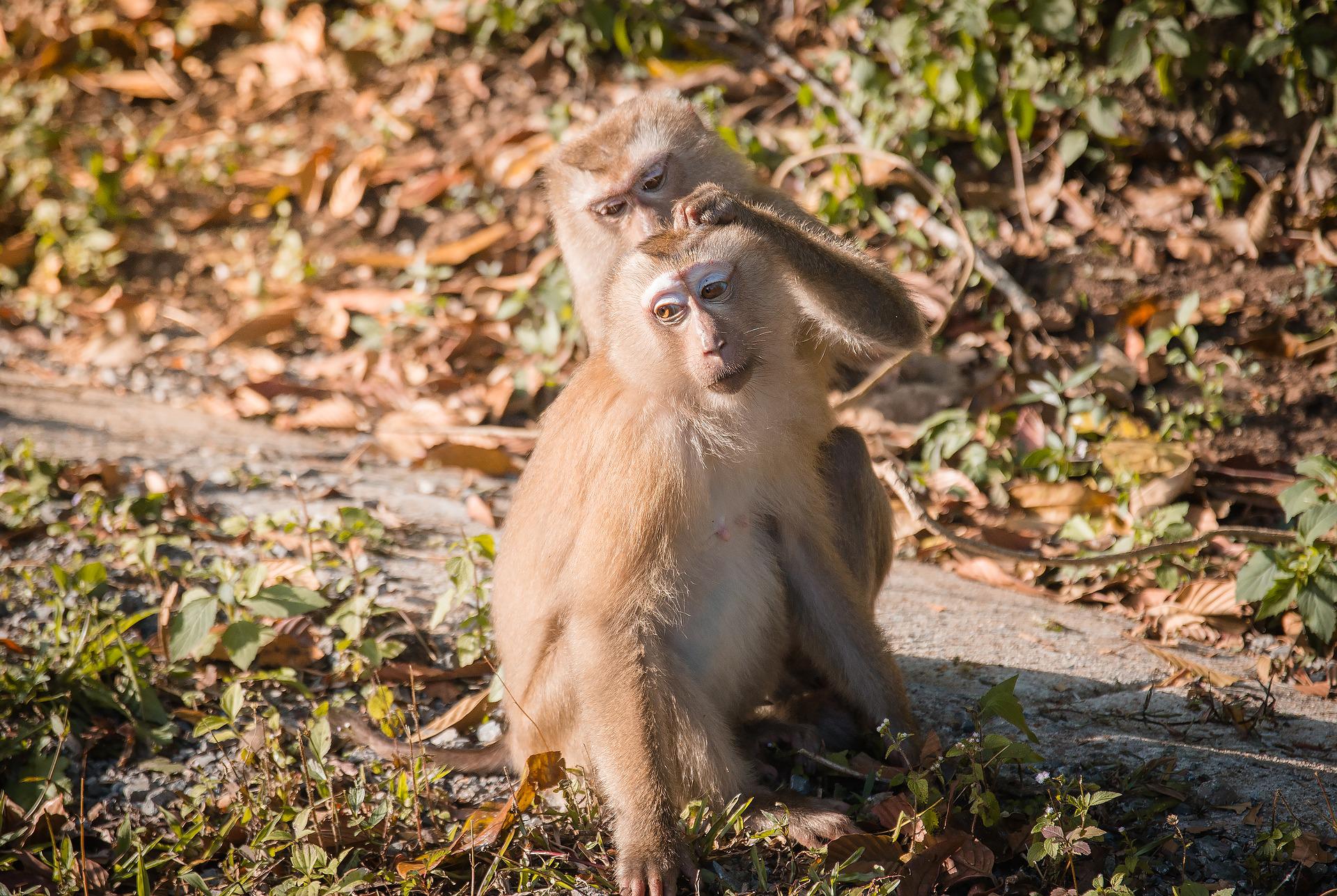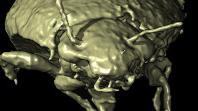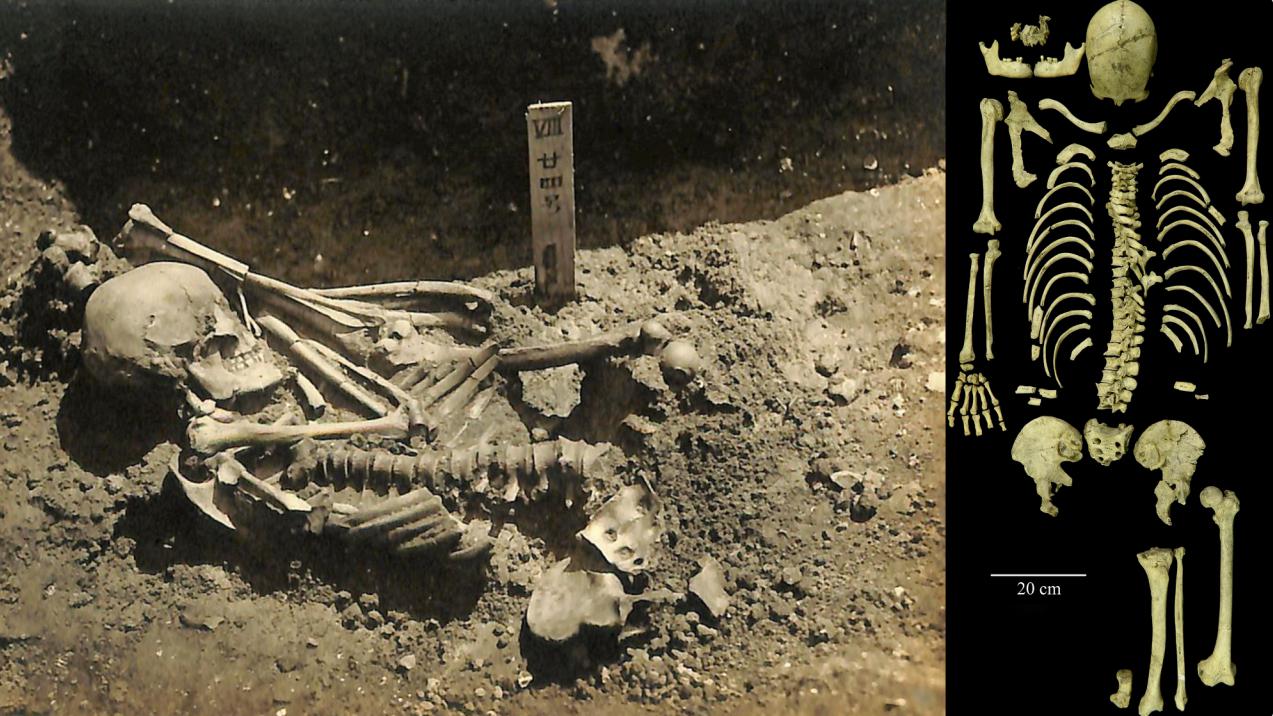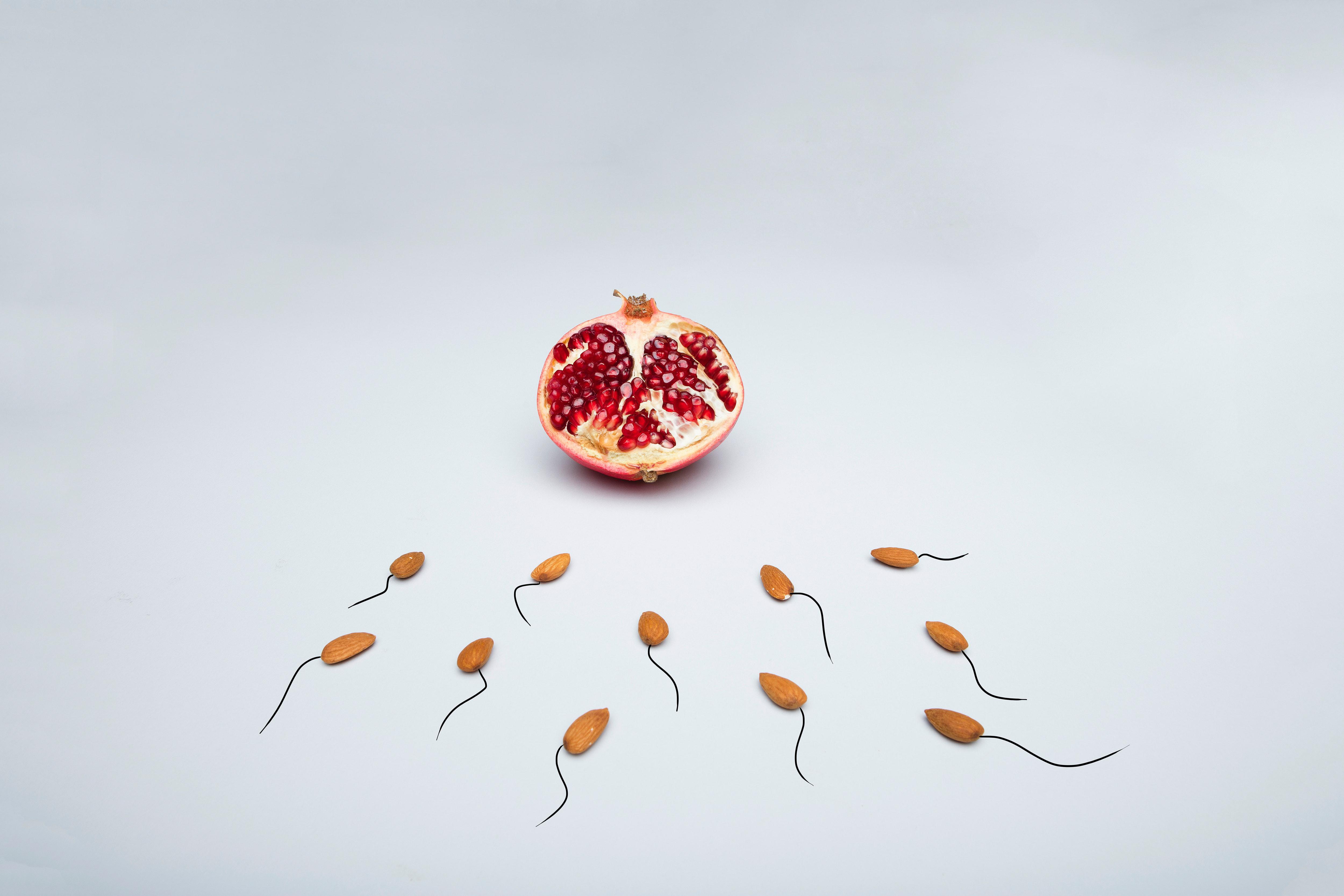Scotty Hendricks
Contributing Writer
Scotty Hendricks is a graduate student and long-time contributor to Big Think. He resides in Chicago.

Before it fueled Woodstock and the Summer of Love, LSD was brought to America to make spying easier.
A socially minded franchise model makes money while improving society.
While we can see many solar storms coming, some are “stealthy.” A new study shows how to detect them.
English is a dynamic language, and this summer’s new additions to dictionary.com tell us a lot about how we’re living.
By slowing down aging, we could reap trillions of dollars in economic benefits.
A new study from Iceland confirms that a shorter workweek improves productivity.
Biomedical science assumes that people want to live as long as possible. They don’t.
Two-thirds of romances start out as friendships.
One man studied apes for 50 years. He says nature isn’t as cruel as you think.
Psychedelics have been shown to help reduce depression. This study may show us why.
We eat 50 billion chickens every year. Is there a better way?
Discovering fossilized insects is difficult, but a new find suggests a unique place to look.
Most schools use a semester system, but a new study suggests that they should switch to quarters.
The skeleton of the world’s oldest known shark attack victim exhibits telltale wounds.
Can a war be won from the air? A group of renegade pilots in the 1930s thought so.
When the mutual relatives of two royal families died, the countries were likelier to go to war.
A virtuous diet isn’t strictly vegan.
As air pollution increases, so does violent crime.
How one startup plans to use “death rays” for good instead of evil.
Dealing with rudeness can nudge you toward cognitive errors.
The Black Death wasn’t the only plague in the 1300s.
A new study suggests that reports of the impending infertility of the human male are greatly exaggerated.
Information economics suggests that “no news” means somebody is hiding something. But people are bad at noticing that.
A lithium imbalance appears linked to suicide.
Life finds a way — in this case, by smelling like death.
Dreams are weird. According to a new theory, that’s what makes them useful.
Ever lose track of time while doing something? It gets worse with a VR headset on.
The way you speak might reveal a lot about you, such as your willingness to engage in casual sex.





























